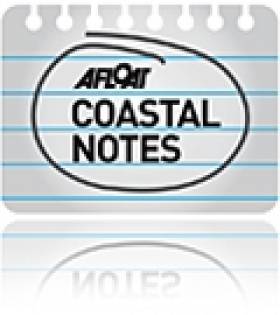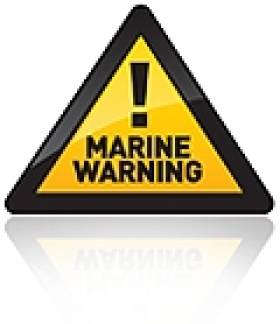Displaying items by tag: Tony O'Reilly
Potential Oil-Field off Dalkey
"It's another evaluation process which is positive, an encouraging tick in the box. But ultimately it's only exploration-it has to be drilled", said Tony O'Reilly, CEO of Providence. "I'm hoping that'll be 2011, as part of our overall multi-basin programme in Ireland. We've a big programme of activity and the Dalkey Island (Prospect) will be part of that", he added.
The advantage of any potential oil find at the Dalkey Prospect is that the block well is in shallow waters up to 25-metres, compared to Providence deeper offshore projects of Dunquin and Spanish Point. Another factor in drilling off Dublin Bay is that operations are cheaper and safer. The naming of the exploration site after Dalkey, reflects the Kish Basin's relative geographical proximity to that particular stretch of coastline, marking the southern approaches to Dublin Port.
The optimism expressed about the Kish Bank Basin exploration and other fields must be put into context based on the previous track record of drilling around the Irish coast. The Irish Offshore Operators'Association (IOAA) has pointed out that the exploration industry has spent some €3 billion on around 130 drill-well testing sites since 1970, to little effect. The cost of a well operation off the west coast is over €50m and with such high investment, only up to two wells are carried out annually. Of the commercially viable wells, just four-fields have been exploited, but all are gas-based.
The IOAA says that there is potential but there needs to be more exploration activity. In 2009, only two bids for exploration licences were made, compared to 350 offers sought in UK waters. The association blames the lack of exploration due to delays experienced at the Corrib field, an absence of infrastructural development and expensive operating costs.
The association says the rewards are great, citing the Department of Energy's estimate of recoverable reserves of 10 billion barrels of oil. At that amount, the figure is 100 times the state's annual energy consumption of both oil and gas.
Tony O'Reilly to drill Dublin Bay for oil?
“We are delighted to confirm that our ongoing analysis of the Kish Bank Basin has revealed the presence of a large untested structure that warrants further investigation," said O'Reilly.
"The Dalkey Island exploration prospect presents the potential for a large oil accumulation in shallow water off the east coast of Ireland. The partners have agreed on a focused work programme aimed at further de-risking this prospect, prior to any drilling programme."
The company, a partner of Malaysian Petrol outfit Petronas, has also identified the bank as a prospect for carbon sequestration storage, with a capacity of up to 270 million tonnes of gas.
A link to the full release is here. (pdf download)

























































